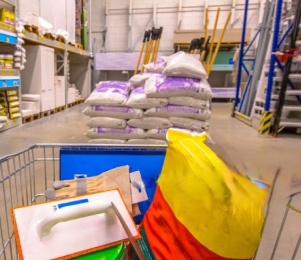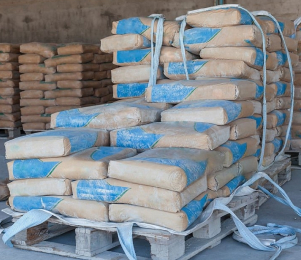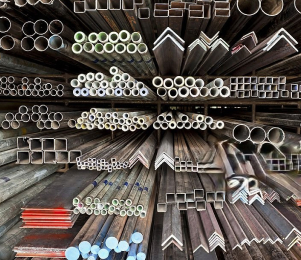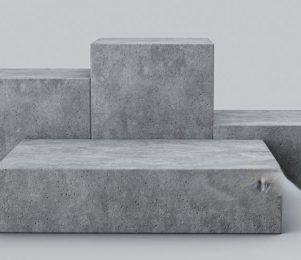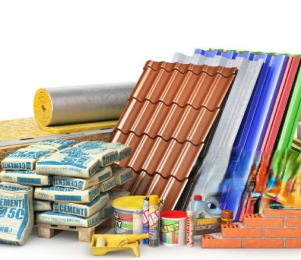
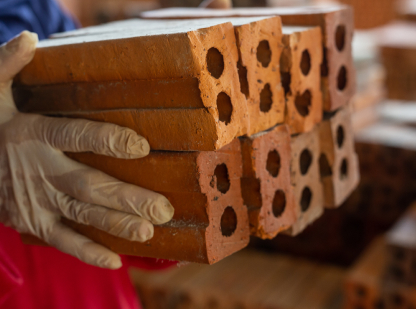
Building materials are the very foundation upon which the entire construction industry rests. They are the essential elements that come together to create structures of all kinds, from homes and offices to bridges and skyscrapers. These materials encompass an extensive spectrum of substances and products, each carefully selected and combined to fulfill specific functions within a construction project.
The diversity within building materials is astounding. It includes traditional materials like bricks, concrete, wood, and steel, which have been the cornerstones of construction for centuries. But it also encompasses a vast array of modern innovations and sustainable options. From high-strength, eco-friendly composites to cutting-edge insulating materials, the building industry is continually evolving to embrace new technologies and address environmental concerns.
Building materials are not just the bricks and mortar of construction; they are also the protective layers, the aesthetic finishes, and the structural components that make a building both safe and visually appealing. This includes materials like insulation, roofing materials, paints, and decorative finishes, all of which contribute to the functionality and beauty of a structure.
The importance of selecting the right building materials cannot be overstated. The choice of materials impacts a construction project's durability, safety, energy efficiency, and overall cost. It's a decision that involves careful consideration of factors such as the building's intended use, location, environmental impact, and the budget available.
Moreover, in an era of increasing environmental awareness, sustainable building materials have gained prominence. These materials are not only chosen for their durability and performance but also for their reduced environmental footprint. They can include recycled and renewable resources, low-energy manufacturing processes, and materials that contribute to energy efficiency and reduced waste.

